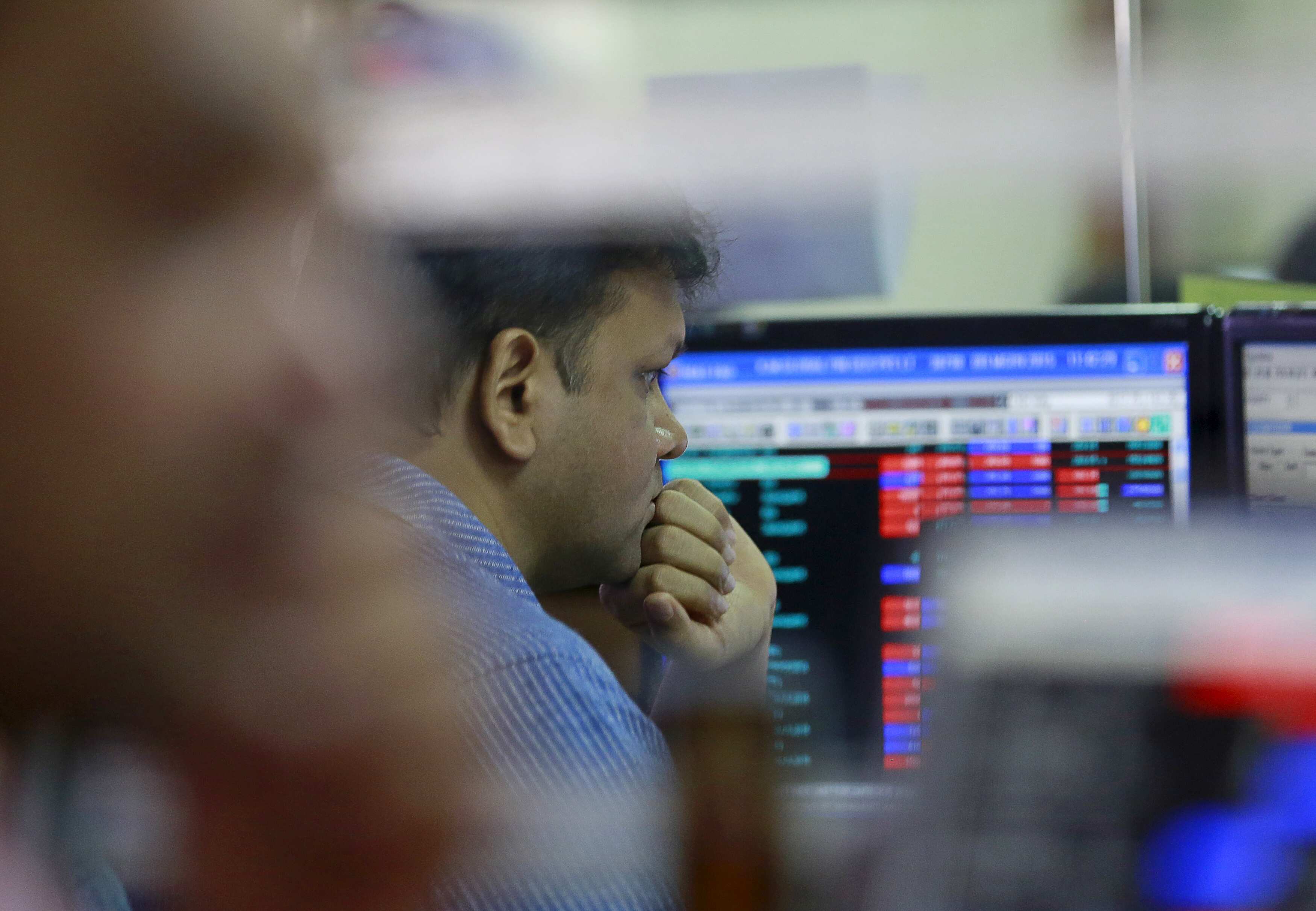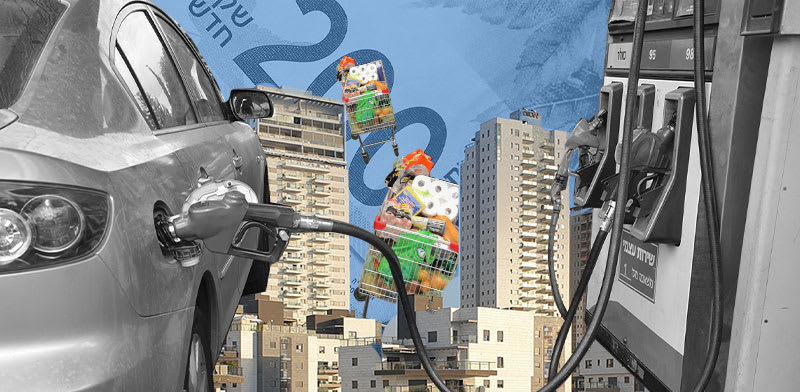[ad_1]

Sturdy shopper spending by wealthier Individuals has largely stored the American economic system afloat and doing higher than many economists had anticipated. Now, that spending could possibly be abating, Bloomberg stories. And that’s dangerous information for the U.S. economic system as the vacation season approaches.
Quite a few retailers have reduce their spending forecasts in current weeks, together with Greatest Purchase Co., Lowe’s, and extra. Lowe’s noticed “a greater-than-expected pullback in DIY discretionary spending, notably in greater ticket classes,” Marvin Ellison, the chairman, president, and CEO stated Tuesday. Bloomberg stories that retailers that cater to the higher center class, together with Apple, Coach, and Nordstrom have seen important drops in gross sales over the previous three months.
The truth is, these incomes no less than $100,000 in annual family earnings have been reigning of their spending for the reason that summer season, Kayla Bruun, senior economist at resolution intelligence firm Morning Seek the advice of, tells Fortune. Morning Seek the advice of analysis finds the group is pulling again essentially the most on bodily items and housing (in the meantime, spending on experiences is holding robust), and doing so at a larger charge than lower-earning households.
That’s necessary, as a result of wealthier Individuals usually have extra extra cash to spend to maintain the economic system chugging alongside. After they pull again, as Bloomberg explains, that could possibly be a nasty signal. That’s very true for our present financial surroundings. The wealthiest Individuals’ “surge in consumption within the post-COVID restoration has been unprecedented,” in accordance with a current analysis be aware from Morgan Stanley. The truth is, from 2020 to 2022, households within the high 20% of earnings have accounted for 45% of all shopper spending within the U.S. between 2020 and 2022. Sometimes, this group accounts for round 39% of all spending.
“Thrifty conduct has been climbing up the earnings ladder,” Morgan Stanley’s be aware reads. Although middle- and high-income households are nonetheless holding onto some extra financial savings from the pandemic, they “are much less prepared to spend it.”
Even the high-earning aren’t proof against inflation
Regardless of robust financial knowledge, survey after survey has proven six-figure-earners down on the economic system and struggling to maintain up amidst years of excessive inflation and rising rates of interest. As decrease earnings staff profit from bigger earnings positive aspects, wealthier Individuals really feel, comparably, that they’re worse off.
“Whereas this group stays in a comparatively comfy monetary place in comparison with decrease incomes friends, they don’t seem to be totally proof against components like extended elevated inflation, rising rates of interest, and cooling wage progress that could be dampening spending this vacation season,” Bruun says. She notes that whereas inflation has cooled, the price of dwelling remains to be greater than it was, main extra shoppers to stroll away from a purchase order when the value is excessive.
And the total results of current rate of interest hikes by the U.S. Federal Reserve are but to be felt in full, economists say. Housing, particularly, stays unaffordable for a lot of—issues haven’t been this dangerous for the reason that Nineteen Eighties. The everyday household can’t afford to purchase a house, and those that lucked out and acquired when rates of interest had been traditionally low at the moment are locked in to homes they could not like a lot. Wealthier households usually tend to be owners than lower-income teams, they usually have benefitted disproportionately from the current explosion in housing wealth, driving their consumption. However Morgan Stanley expects that to gradual “because the growth years of the post-COVID companies restoration strikes additional into the rearview mirror.”
“Our analysts who cowl eating places and luxurious manufacturers each level to an aspirational shopper that has begun pull-back spending on nice eating and luxurious purchasing,” the be aware reads. “As rich households method satiety as properly, combination shopper spending will shift right into a decrease gear.”
Bruun factors to greater bank card rates of interest as one other ache level. “Most excessive earners have earnings leftover after paying for month-to-month bills, however they look like extra inclined to place this extra earnings towards paying off previous debt slightly than utilizing it for brand new spending,” she says.
[ad_2]
Source link







